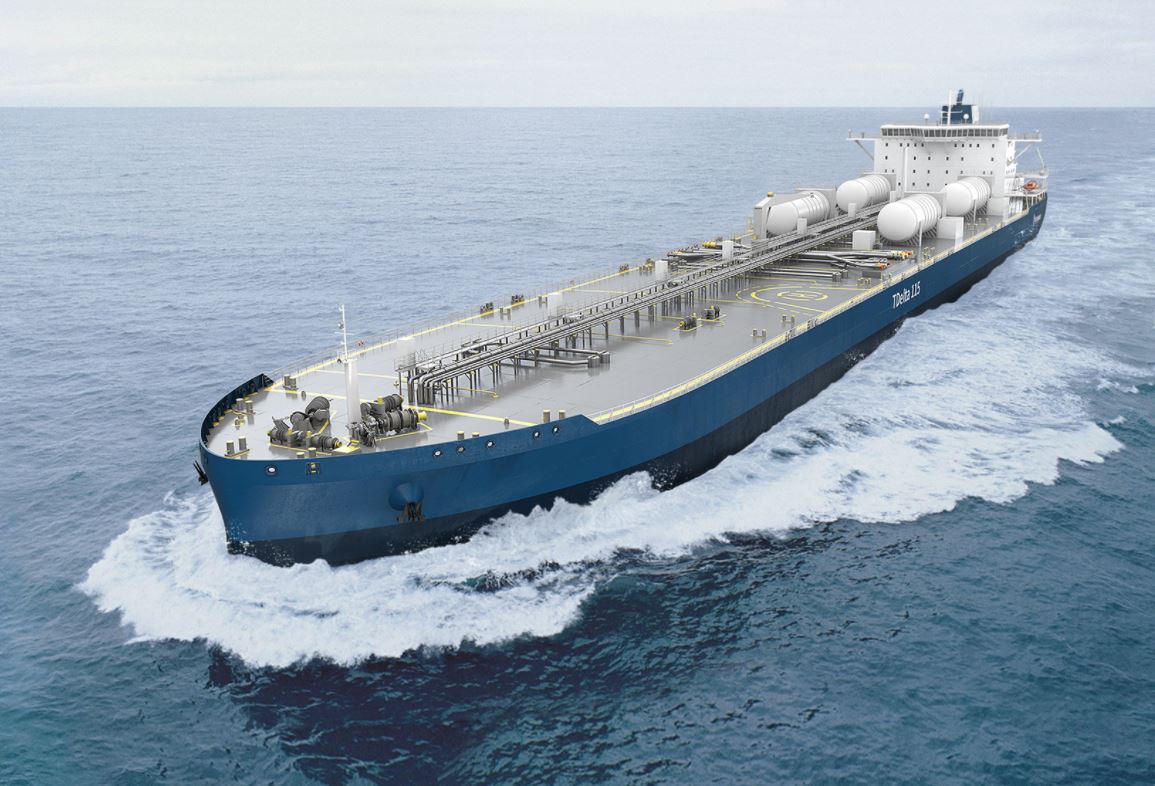Four firms have joined forces on a study assessing various fuels for tankers, including LNG, as the shipping industry looks to comply with more stringent rules on emissions.
Classification society DNV said it has teamed up with Deltamarin as ship designer, Minerva Marine as vessel manager, and energy company Total as a charterer.
The quartet completed a joint industry project last year with two different tankers as case ships as they have the same “ambitions when it comes to solving the decarbonization challenge by 2050,” DNV said.
DNV said the two vessels included in the project were an MR tanker with about 39,000 dwt for short voyages, mainly in Europe, and an LR2 tanker with about 115,000 dwt for worldwide trade.
The project assesed different options for decarbonization with respect to design of vessels, financials, and environmental performance – both on well-to-wake as well as tank-to-wake basis.
The case vessels in the project were Deltamarin’s new design, but the operation profile was based on measurements from existing, modern tanker fleet of similar size, it said.
The project also involved “less well-known” fuels such as blue fuels, e-fuels and biofuels.
DNV said the project used the concept of total cost of ownership for all assessed fuel and technology options with defined fuel price paths.
This cost, evaluated over the 20-year lifetime assigned to each case ship, is made up of capital and operational expenditure (CAPEX and OPEX) and fuel expenditure, the most significant variable, DNV said.
“While the detailed findings are confidential, the key message for today’s newbuilds is that liquefied natural gas (LNG) is currently the most cost-attractive fuel and fuel technology option available for GHG emissions abatement,” DNV said.
You can find the entire report on DNV’s website.

